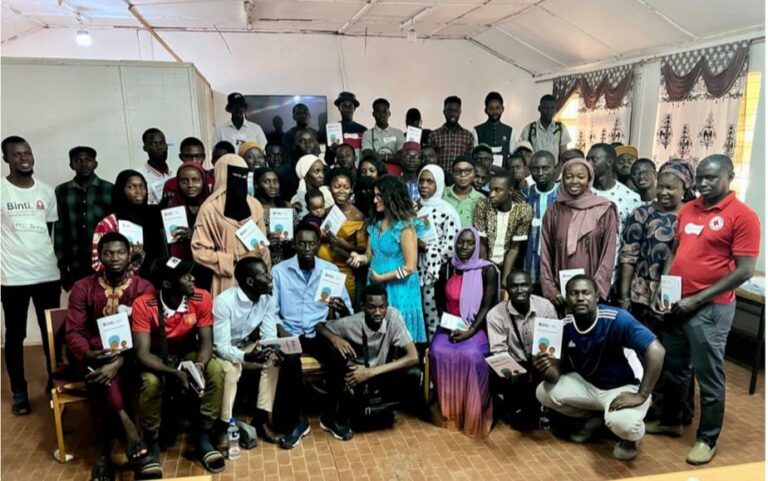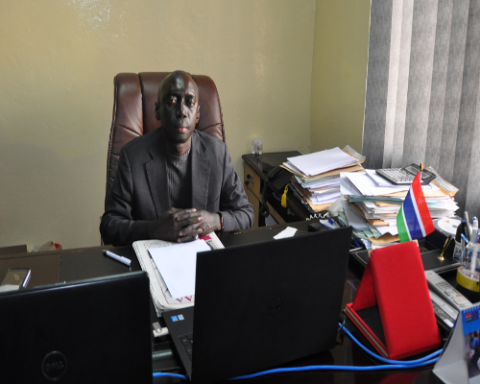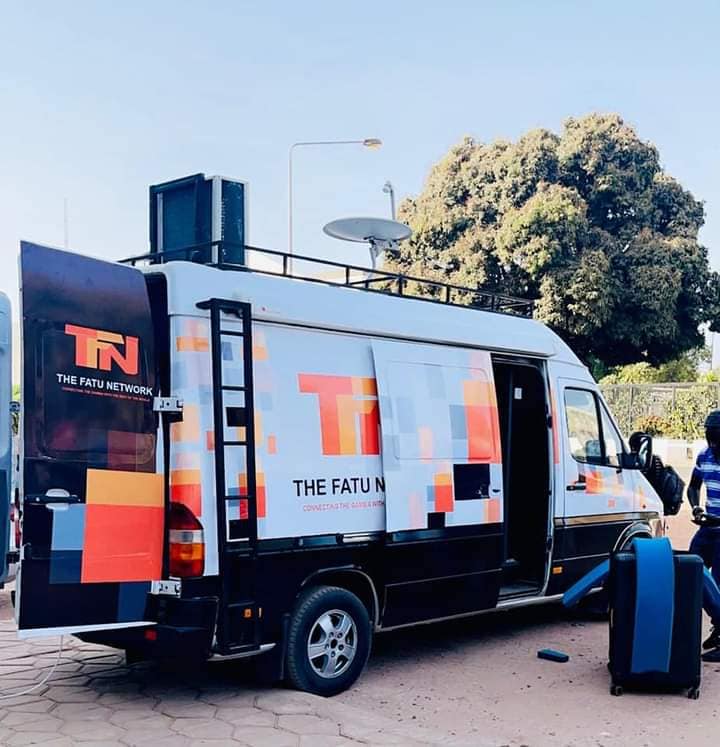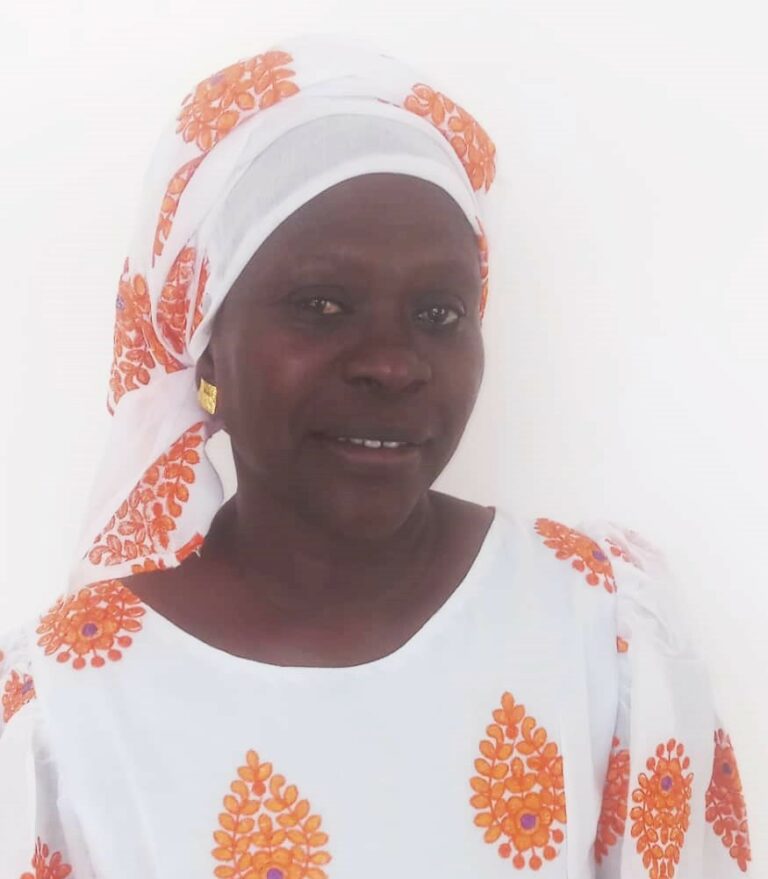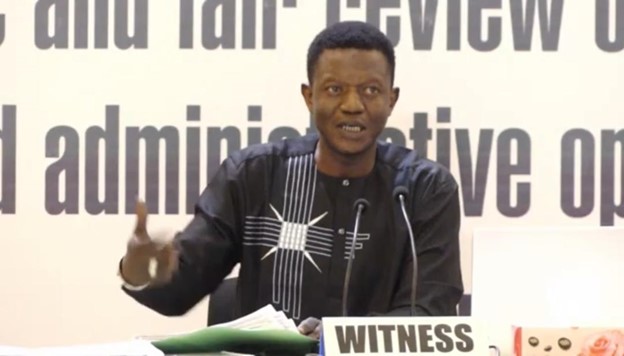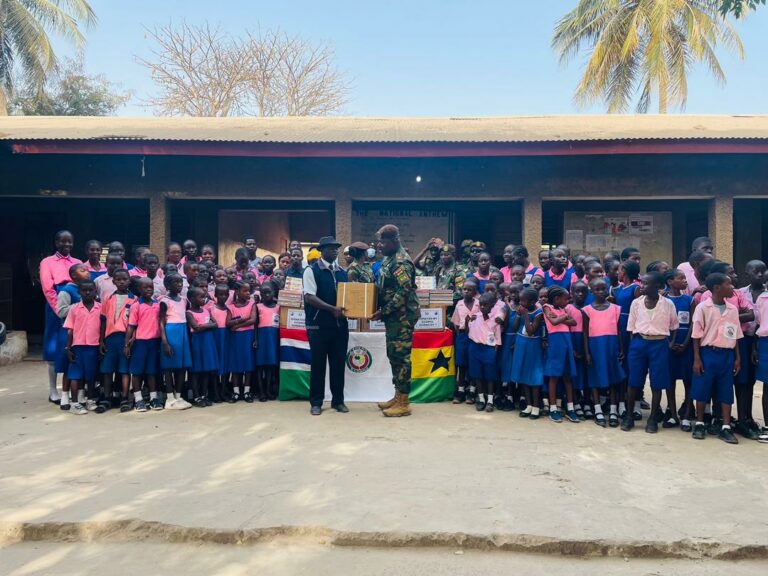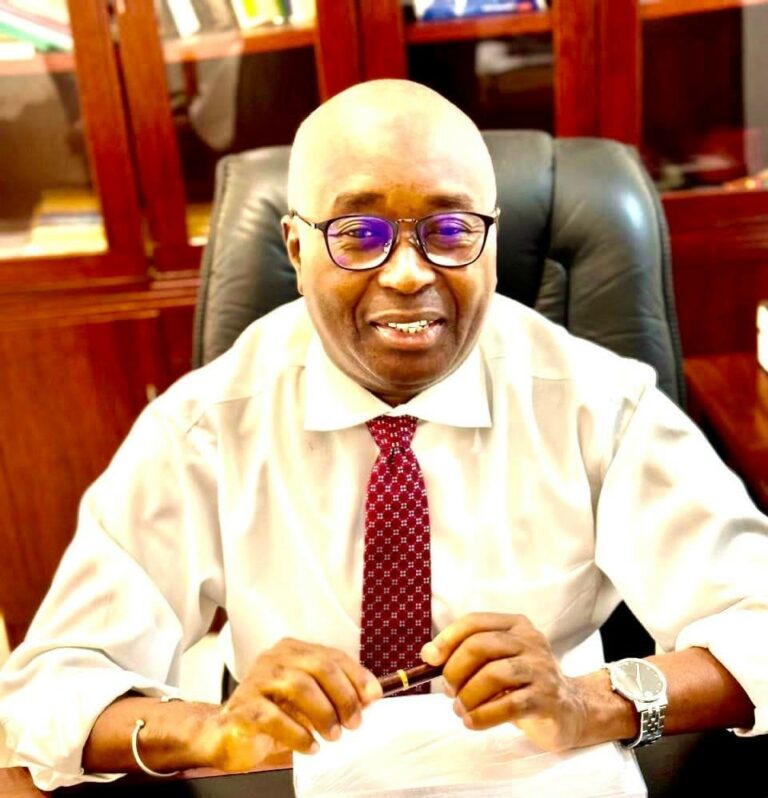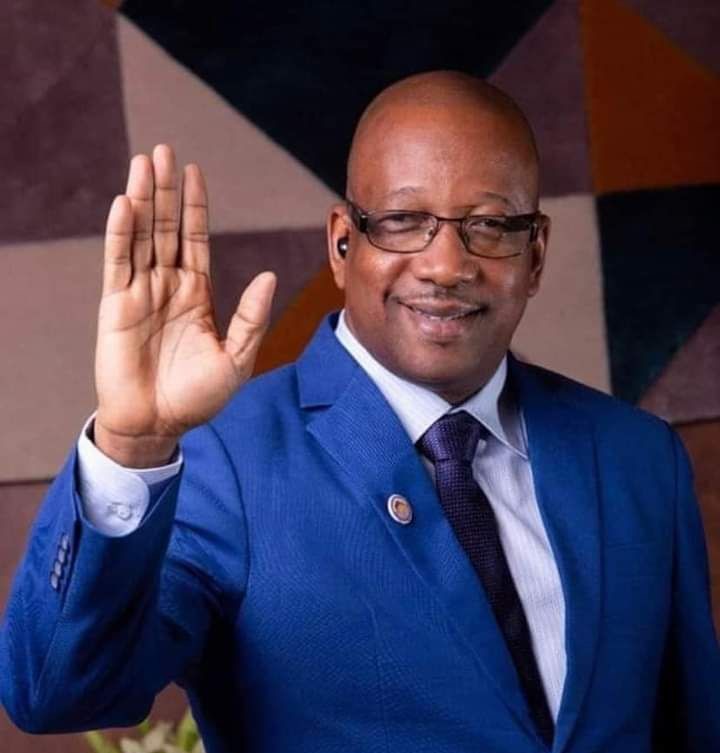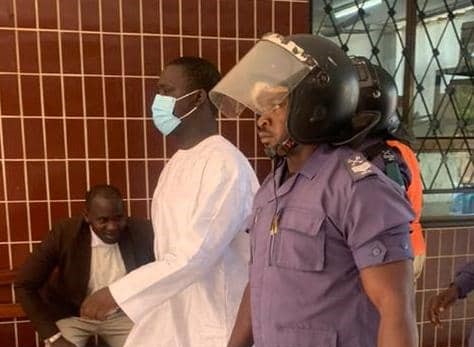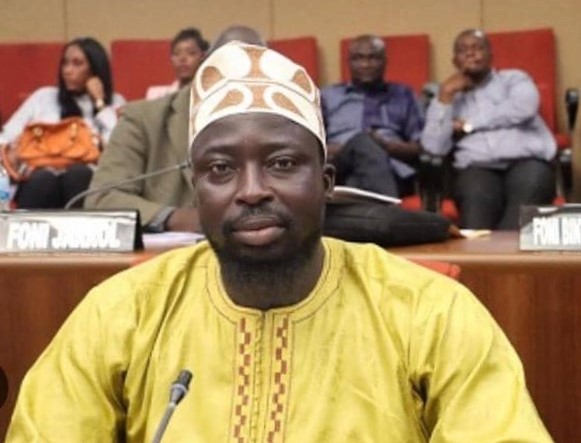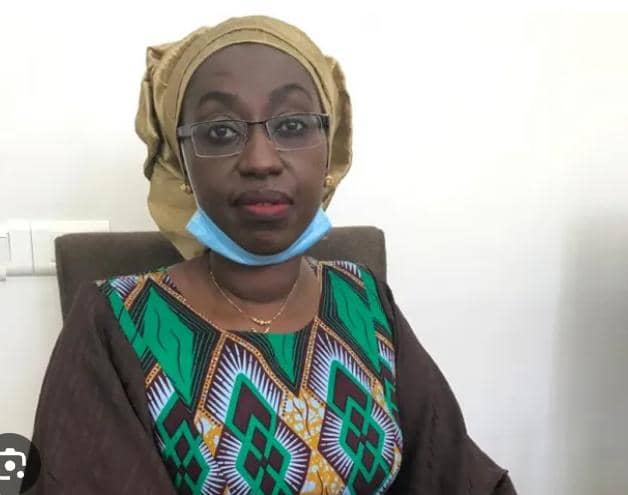By Mama A. Touray
Sulayman Barry, the Principal Internal Auditor at the Brikama Area Council (BAC), who was the fifth witness to testify at the institutional hearing focused on the Brikama Area Council, has revealed to the ongoing local government commission of inquiry that the council has a chronic practice of making payments without preparing vouchers.
The witness made this revelation on Thursday while testifying on the first quarter Audit Report prepared by the Internal Audit Unit BAC.
The report revealed that there were payment vouchers that were left incomplete, and according to a witness, this is a recurring issue in the Brikama Area Council, where payments are made without preparing or issuing the vouchers.
Barry explained to the Commission that some payments were made, but the payment vouchers were numbered randomly. He further clarified that payment vouchers should have sequential numbers, but the BAC finance unit used to assign random numbers to the vouchers.
Barry further disclosed that in most cases, the Council would make payments first and then prepare the vouchers after the transaction had already taken place.
“The proper procedure is that the Council should prepare the payment vouchers and sign them before making the payments. The vouchers should pass through the Internal Audit Unit for pre-auditing to ensure that due process is followed. For the Brikama Area Council, they used to make payments this month and then raise the vouchers next month to cover the expenses,” the witness said.
According to him, the Brikama Area Council does not comply with the legal due process, which results in payments being made for fraudulent transactions.
“Every payment should be supported by evidence and must follow the laid down procedures, if the procedure is flouted then the payment might not be genuine and susceptible to fraud,” he added.
Meanwhile, page 8 of the audit report revealed a list of revenue collectors who collected revenue and failed to deposit the amounts in the BAC account.
Reacting to this finding, Auditor Barry told the commission that there were so many incidents of revenue suppression and that he had informed the management of the council of the audit findings and recommended steps to be taken to address the audit queries.
When asked about the management, he said it comprised former Chairman Sheriffo Sonko, former Chief Executive Officer (CEO) Modou Jonga, and former Director of Finance Alagie Jagne.
Barry said the affected revenue collectors were informed about the audit findings concerning their conduct of suppressing the council’s revenue.
One of the collectors flagged by the audit report was Buba Jabang, who was said to have collected the monthly rental fees from the canteens in the market. It was revealed that in 2022, Buba collected over D400,000 and deposited only D244,000.
Another collector Bakary Drammeh withheld the sum of D37,000, while Sulayman Tamba did not deposit over D7000.
When asked whether the revenues were repaid, the witness said he could not tell because there was no evidence of the repayments made.



